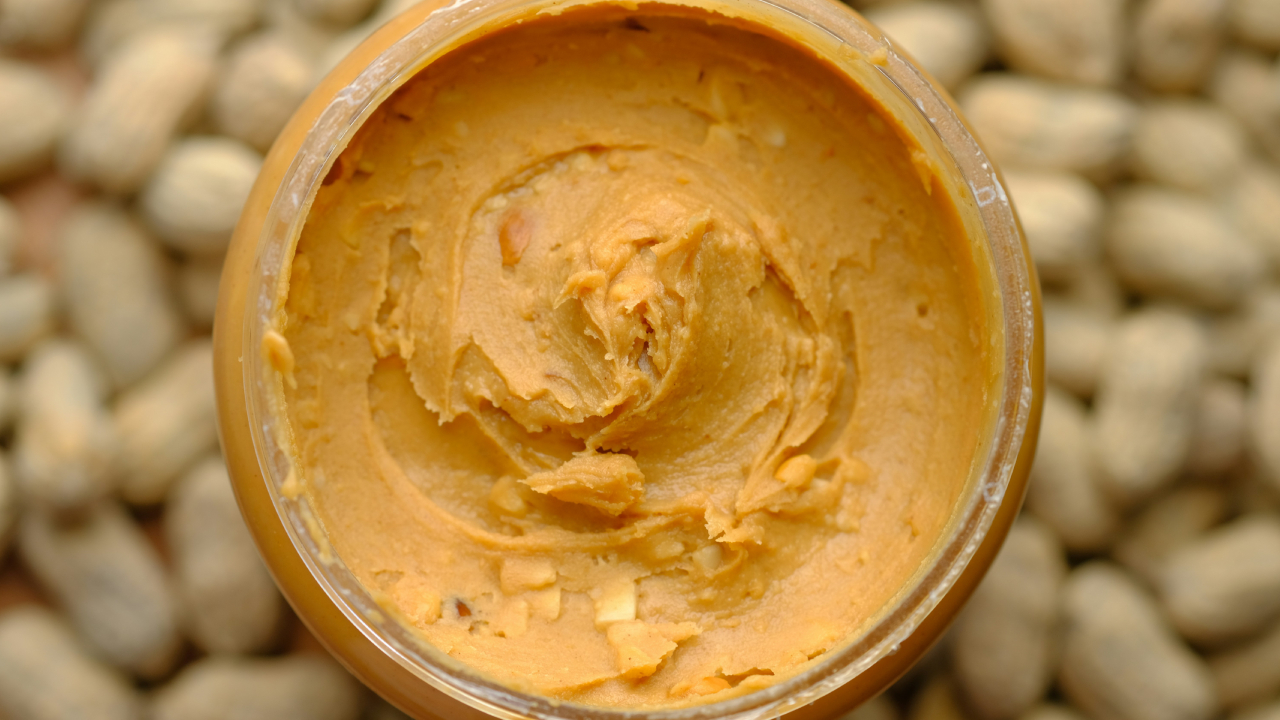- Clover has recalled thousands of units of Go Nuts peanut butter from stores as they have tested positive for aflatoxin.
- This is a type of toxin that is produced by mould and can cause vomiting and stomach pain.
- Clover is now being investigated by the National Consumer Commission, which alleges that certain producers are flouting regulations and protocols.
South Africa seemingly has a peanut butter problem, as Clover, one of the country’s biggest foods and beverage makers is now being investigated over toxic products. It is the latest peanut butter retailer to recall its products after they were found to be toxic.
The National Consumer Commission announced that it had launched an investigation on Clover and its brands after the company informed the commission that it had recalled 10 776 units of Go Nuts peanut butter because they tested with high levels of aflatoxin.
This is a type of toxin produced by mould that grows naturally on maize, peanuts, tree nuts and certain types of seeds.
In February, the acting commissioner of the NCC explained that “Aflatoxin may lead to health complications not limited to nausea, vomiting and abdominal pain.”
“We, therefore, urge South African consumers, who have the recalled products, to immediately stop consuming these products and return the products to the point of purchase for a full refund, with or without proof of purchase,” said the commissioner, Thezi Mabuza, after the commission oversaw the recall of other peanut butter brands last month, including Dischem’s Lifestyle peanut butter and Pick n Pay’s No Name peanut butter.
Affected batches include Clover Go Nuts with the 12th, 18th, and 19th June 2025 and 19th July 2025 best-before dates.
Following the widespread recall of peanut butter brands in the country, the NCC is now urging all producers, manufacturers and sellers of peanut butter to test their products for aflatoxin. This also extends to any products that contain peanut or seed materials.
According to the commission, the issue might stem from peanut butter suppliers.
“From the test results that were received by the commission, there is an indication that suppliers were not compliant with their protocols, and regulations. We are expecting suppliers, to be specific, the retailers, to immediately recall those brands that are non-compliant. This is to ensure that we protect South African consumers from any further harm,” said Mabuza last week Friday, when the Clover recall was announced.
According to WebMD, mould grows the best in humid and warm environments. It can grow at any part of the process between harvesting and storage. Research shows that foods with preservatives are less prone to mould growth, which seems obvious.
Either peanuts are growing mould after being harvested locally, or they could be growing mould as they are being shipped into South Africa. Recent delays at South Africa’s largest ports could be a reason why peanuts are growing mould. Especially if they’re sitting for weeks in a dark, humid container.
However since ground nuts are grown en masse in South Africa during the summer rainy period, that we are in currently, it could simply be that suppliers are flouting regulations and protocols during the production of these products.
Clover says that it has already removed all affected batches of Go Nuts peanut butter from stores countrywide. “All other batches of our Go Nuts Peanut Butter product in stores are not affected by this recall and are 100% safe for consumption,” the company promises.
[Source – SA News]
[Image – Photo by Towfiqu Barbhuiya on Unsplash]

